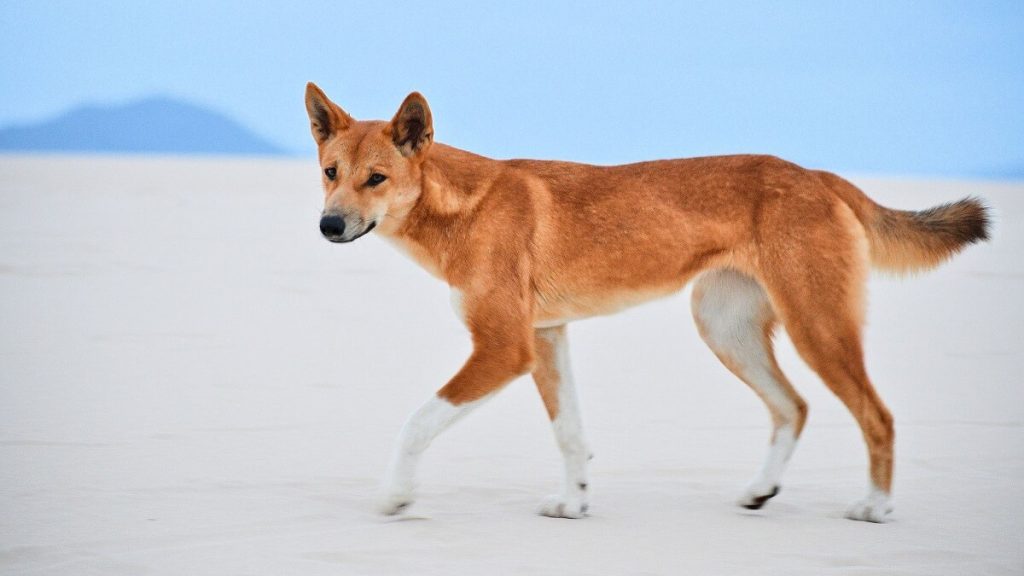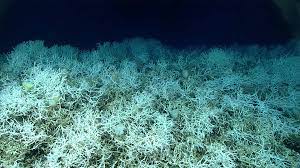Mink are an invasive species, which have arrived in the UK for fur farms and then either escaped, or been released by so called ‘animal lovers’.
While I do not approve of mink farms, this is a very foolish behaviour. The American mink, not surprisingly, is not a native of the UK, and while there is a European mink, it has never been present in the UK.
So, why are they problematic? Well, like any invasive species, they tend to hunt in different ways to native species, and can rapidly eradicate species that have always lived here,
In the UK, the species that is most at risk is the water vole! Since the arrival of the mink, it has been lost from most of the UK. They are essential for healthy rivers and as such mink cause damage (they also take many water birds).
The wildlife recovery trust, set up a defensive wall of traps, around this county, and used scent from the minks own glands to tempt in the species. This has been incredibly successful, and they have been declared extinct in the county (once caught they are shot).
Conservationists are now planning to extend this method to the rest of the UK. Thankfully, a second line of defence is reappearing – the otter. Reduced to near extinction by pollutants in the waterways, they have recovered over the last 20 years, and generally push mink out, fast, when they return to a waterway.
For the first time, there is hope that we might eradicate this animal that has done so much damage to the UK waterways environment.













